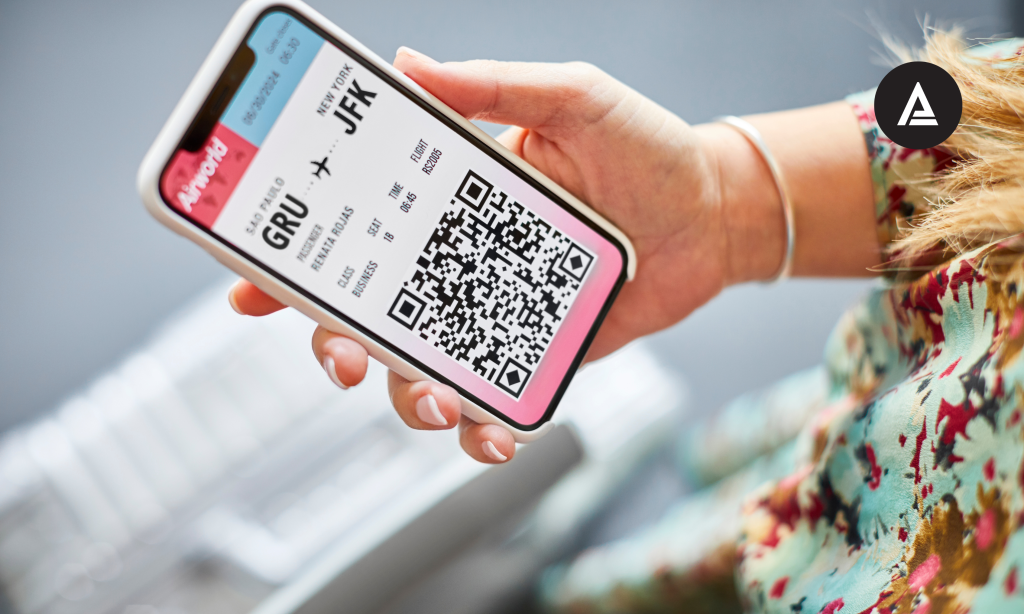
The global aviation industry is entering a new era of transformation. In October 2024, the International Air Transport Association (IATA) successfully carried out the world’s first fully digital air travel journey, marking a major milestone in the evolution of technology-driven, passport-free travel.
The pilot flight involved two passengers flying round-trip from Hong Kong to Tokyo using only digital identities and biometric verification—eliminating the need for physical passports, boarding passes, or traditional check-in procedures.
This groundbreaking initiative demonstrated how digital wallets—containing passport data, corporate credentials, and travel documents—can fully replace paper-based processes. From digital boarding passes and real-time flight updates to visa issuance and online check-in, the entire journey was managed seamlessly via smartphone. Biometric technology was used throughout the airport experience, enabling secure and contactless identification during baggage drop-off, security screening, and boarding.
This real-world example supports a wider global initiative led by the International Civil Aviation Organization (ICAO), a UN agency setting international aviation standards. ICAO is introducing the Digital Travel Credential (DTC), a digital version of a passport that allows travelers to verify their identity through mobile devices. Once a ticket is booked, passengers will receive a dynamic “journey pass”, which updates automatically with any changes. At the airport, facial recognition will verify the traveler’s identity and notify the airline of their arrival, removing the need for manual ID checks or traditional check-ins.
Implementing this innovation will require significant upgrades to airport infrastructure, including facial recognition systems and mobile-compatible passport readers. However, privacy remains a top priority—these systems verify identity without storing personal data.
The vision is clear: a centralized, secure digital travel ecosystem where travelers can manage flights, hotel reservations, car rentals, and identity credentials—all from their mobile devices.
Leading global carriers including British Airways, Air France-KLM, Finnair, and Saudia are already piloting these technologies. British Airways notes that its digital tools are designed to meet the expectations of today’s digital-first travelers, delivering a smarter, faster, and more personalized journey.
